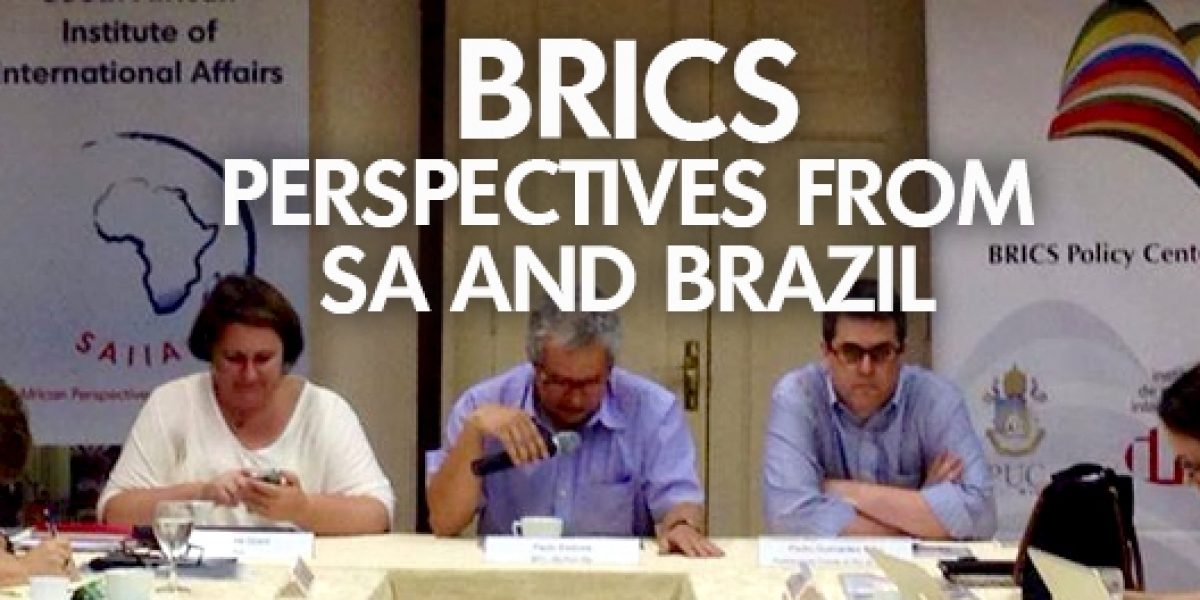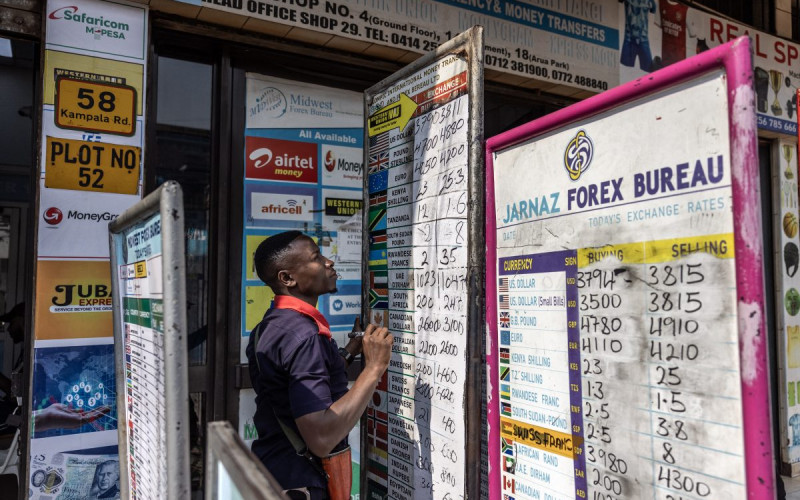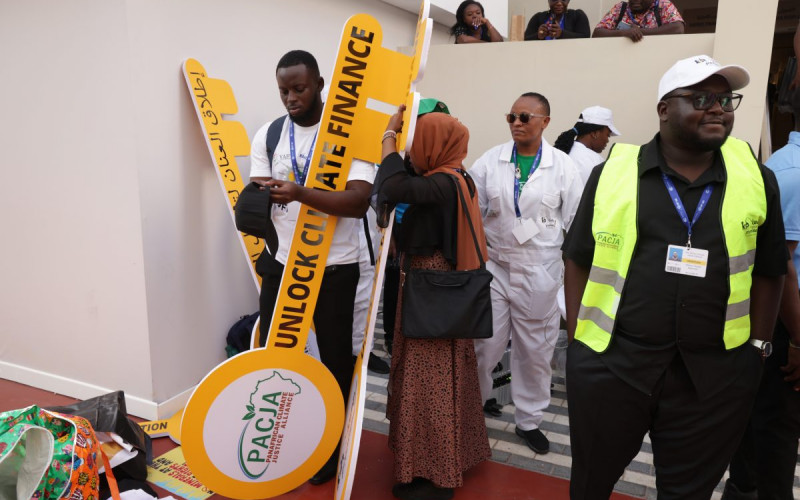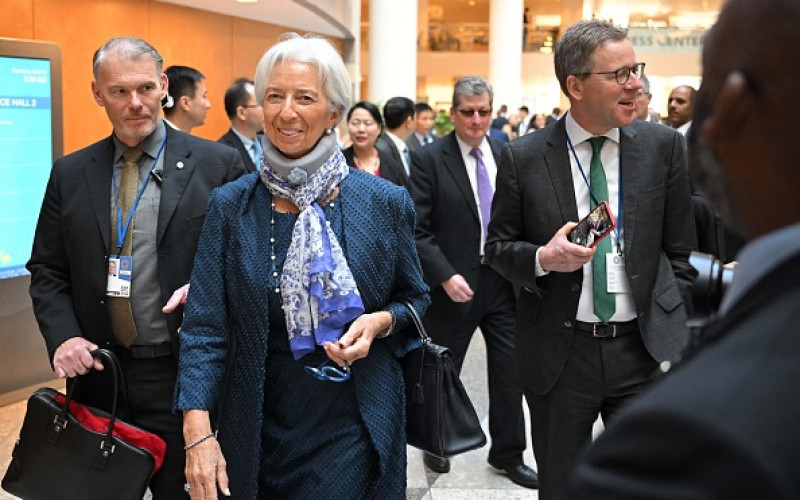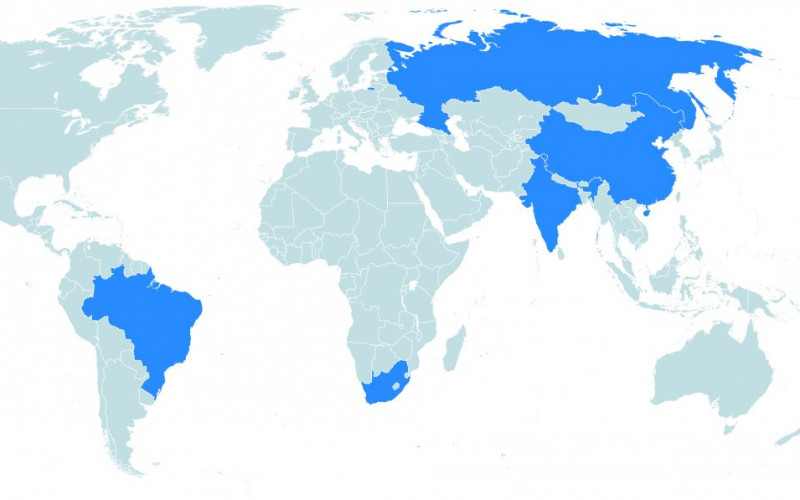The BRICS Policy Center (BPC) and the South African Institute of International Affairs (SAIIA) hosted a seminar to address some of the inter-BRICS and intra-BRICS dynamics relevant to the consolidation of the grouping as a whole.
Title: The Evolving Agenda of the BRICS: Perspectives from Brazil and South Africa
Date and Time: 14 March 2014
Location: BRICS POLICY CENTER, Rio de Janeiro
View photos from the event on SAIIA’s Facebook page.
SAIIA presentations
- Catherine Grant Makokera presenting on trade issues within the BRICS group and the political dynamics in general
- Lesley Wentworth presenting on BRICS investments and the Green Economy
- Christopher Wood presenting on the role of BRICS members in their regions especially their influence in emerging economies
- Judy Smith-Höhn presenting on BRICS Vision and the Question of Common Security
- Yu-Shan Wu presenting on BRICS and Soft Power
- Tjiurimo Hengari presenting on South Africa Foreign Policy Survey
- Wolfe Braude presenting on SA Structural change and Industrial Policy
Event details
As the sixth BRICS head of state summit approaches, it is clear that the grouping’s agenda is far from static. Instead, it has changed—not only in response to its five member states’ evolving interests, but also in reaction to the changing global context. From its initial priority of tackling the global economic crisis that began in 2008, to its sustained efforts to reform global governance, the topics addressed by the coalition have broadened over time.
In addition, the BRICS’ range of strategies for advancing its goals has expanded: it now encompasses not only the summits and regular ministerial meetings, but also more informal exchanges often held at the margins of major international meetings. The grouping’s institutionalization is also proceeding via concrete initiatives such as the BRICS Development Bank project, through which the member states aim to boost South-South cooperation in infrastructure and industrial planning. In doing so, the BRICS creates not only new opportunities for developing countries, but also new tensions as some global norms—including in security and development—are challenged.
Concurrently, the individual members have pursued their respective interests through a variety of strategies. At home, they continue to work towards socioeconomic development, not only through domestic policymaking, but also through new collaborations and the exchange of experiences in areas such as industrial policy and infrastructure. Abroad they pursue their interests through varying combinations of power strategies: economic diplomacy, hard and soft power, and more direct (and often, more assertive) engagement in key normative debates about global security and development. As two democratic members of the BRICS, both Brazil and South Africa work to advance the grouping’s agenda without losing sight of their individual strategies and identities.
This seminar—the third edition of a multi-year partnership launched in 2013 between the BRICS Policy Center (BPC) and the South African Institute of International Affairs (SAIIA)—will address attempts to some of the inter-BRICS and intra-BRICS dynamics relevant to the consolidation of the grouping as a whole. The event is designed to foster trans-regional debate and research on the evolving forms of multilateralism within an increasingly complex international system.

